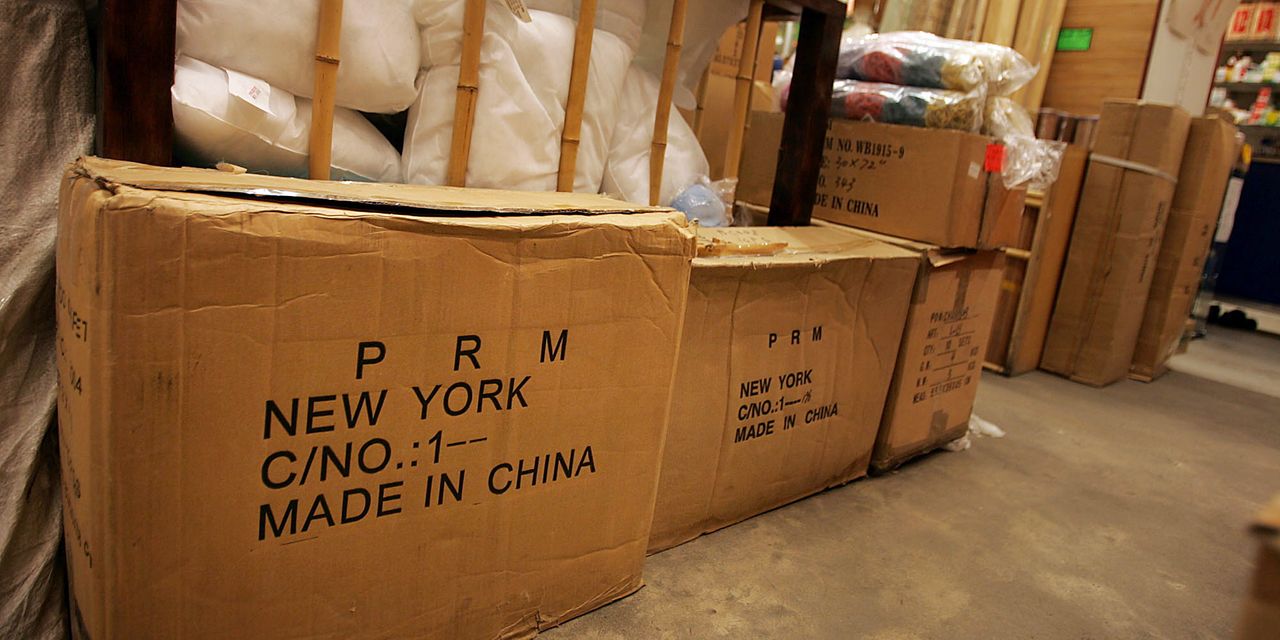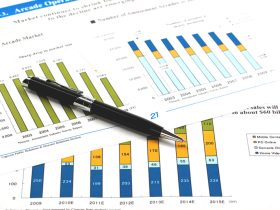The numbers: The cost of imported goods rose 0.5% in August, marking the biggest increase in 15 months, largely because of higher oil prices.
import prices rose for the second time in a row and just the third time this year. Economists polled by the Wall Street Journal had estimated a 0.3% increase.
If fuel is set aside, import prices fell 0.1% last month, the government said.
What’s more, the cost of imports has fallen 3% in the past year. Prices have eased since a huge runup in 2021 and 2022.
Still, the recent increase in prices shows that inflation is unlikely to return to pre-pandemic levels of 2% or less anytime soon.
Other snapshots of U.S. inflation such as consumer and wholesale prices also rose sharply in August.
Key details: The cost of foreign-produced fuel rose 6.7% last month after a 2.2% increase in July.
The cost of most other imports was little changed. Prices fell for industrial supplies and autos, offsetting increases in food and consumer goods.
Nonfuel import prices have declined 0.8% in the past 12 months.
Export prices rose 1.3% in August. They are down 5.5% over the past year, however.
Big picture: A late-summer surge in oil prices tied to Saudi Arabian production cuts has nudged U.S. inflation higher, at least for now.
Before the recent spike in energy prices, inflation has been on a downtrend.
Looking ahead: “Encouragingly, prices outside of fuel continued to decline on balance, which should help the [Federal Reserve] look past the developments in the energy markets and remain on hold at next week’s meeting,” said Matthew Martin, U.S. economist at Oxford Economics.
Market reaction: The Dow Jones Industrial Average
DJIA,
and S&P 500
SPX,
were set to open lower in Friday trades.
Read the full article here













Leave a Reply